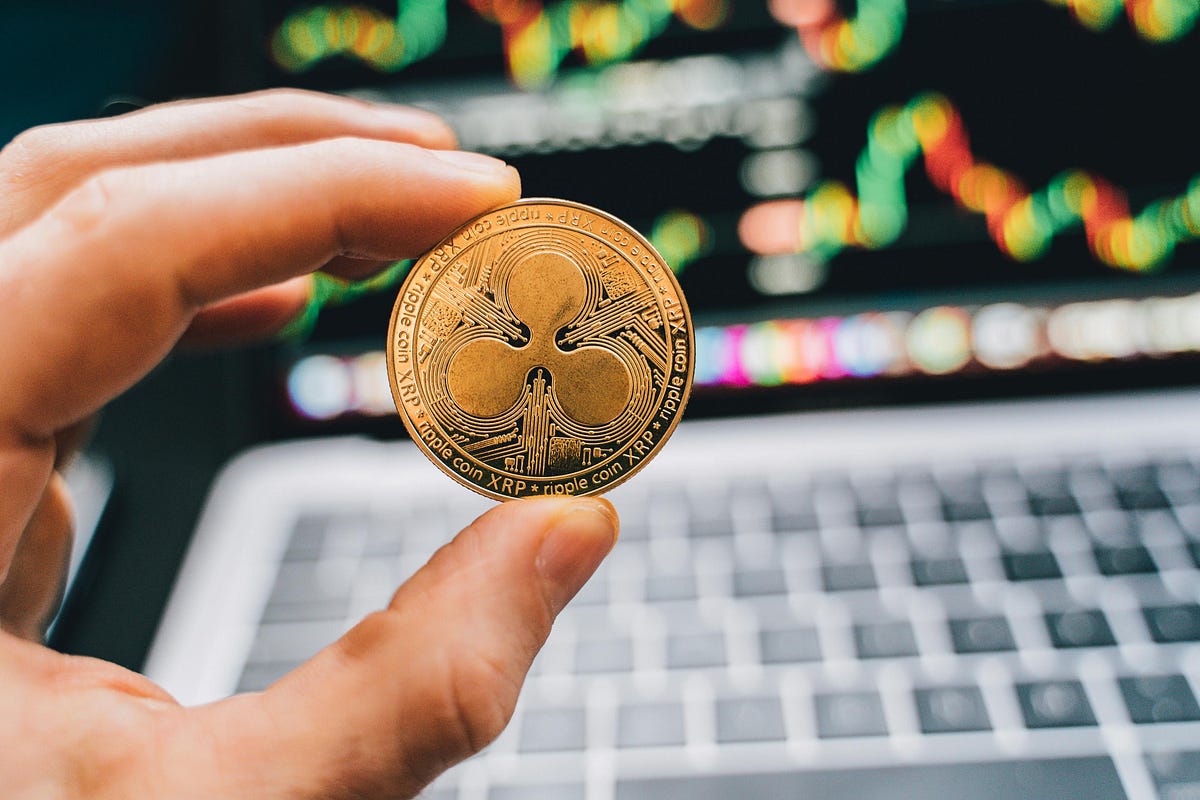 Photo by Joachim Schnürle on Unsplash
Photo by Joachim Schnürle on UnsplashInflation is one of those financial buzzwords that can feel abstract — until it hits your wallet. Groceries cost more, rent goes up, and the value of your savings shrinks.
Traditionally, people turn to assets like gold or real estate to protect their wealth during inflationary times. But in recent years, cryptocurrency has entered the conversation as a potential hedge.
Here’s why crypto could be a strong contender for protecting your money against inflation.
1. Limited Supply: Digital Scarcity
One of the biggest drivers of inflation is an increase in the supply of money — central banks printing more currency to meet economic needs. Cryptocurrencies like Bitcoin work differently.
Bitcoin, for example, has a fixed supply of 21 million coins. No central authority can create more, making it immune to the kind of monetary inflation that devalues traditional currencies. This scarcity can help Bitcoin retain (or even grow) its value when fiat currencies lose purchasing power.
Think of it like gold, but digital and easier to store.
2. Decentralization: No Central Bank Interference
Traditional currencies are controlled by central banks, which can raise or lower interest rates or adjust the money supply. These actions often fuel inflation. Cryptocurrencies operate on decentralized networks, which means no single authority can manipulate their value by flooding the market.
This independence gives crypto a distinct advantage during periods of economic uncertainty, as it isn’t directly tied to the policies of any government or financial institution.
3. Borderless Accessibility: A Global Store of Value
Inflation isn’t just a local problem — it affects economies worldwide. Cryptocurrencies provide a unique solution because they aren’t tied to any one country’s economy or currency.
For people in countries experiencing hyperinflation, crypto can act as a lifeboat. Instead of watching their local currency become worthless, they can store value in Bitcoin, Ethereum, or other cryptocurrencies that have global appeal and wider adoption.
4. Growing Adoption: Demand Supports Value
Over the past decade, cryptocurrency adoption has steadily increased. More institutions, companies, and individuals are using crypto as a store of value, investment, and even as payment.
This growing demand helps cryptocurrencies maintain their value. Unlike cash, which loses purchasing power over time, assets like Bitcoin benefit from increased scarcity and broader recognition as an inflation hedge.
Example: Companies like MicroStrategy have converted a significant portion of their cash reserves into Bitcoin to protect against inflation.
5. Transparency and Security
Traditional financial systems rely on trust in governments and central banks. But what happens when that trust erodes? Cryptocurrencies operate on blockchain technology, which offers transparency and security.
- Transparency: Every transaction is recorded on a public ledger, ensuring accountability.
- Security: Decentralized systems reduce the risk of fraud or manipulation.
This level of transparency can attract investors looking for alternatives to fiat currencies during inflationary times, as the system is designed to be resistant to outside interference.
Important Considerations
While crypto has many qualities that make it an attractive inflation hedge, it’s not without risks:
- Volatility: Cryptocurrencies are known for price swings, which can make them unpredictable in the short term.
- Regulatory Uncertainty: Governments may impose regulations that impact the value or use of cryptocurrencies.
- Choice of Asset: Not all cryptocurrencies are suitable for inflation protection — projects with no real utility or unsound economics could fail.
The Bottom Line
Cryptocurrencies like Bitcoin offer a modern alternative to traditional inflation hedges, combining scarcity, decentralization, and global utility. While they aren’t a perfect solution, their unique properties make them a compelling option for those looking to preserve wealth in uncertain economic times.
As always, understanding the risks and doing thorough research is crucial before investing. But for many, crypto’s potential to act as a hedge against inflation is a reason to keep an eye on this growing asset class.
5 Reasons Why Cryptocurrency Could Be a Good Hedge Against Inflation was originally published in The Capital on Medium, where people are continuing the conversation by highlighting and responding to this story.

 3 months ago
40
3 months ago
40








 English (US) ·
English (US) ·